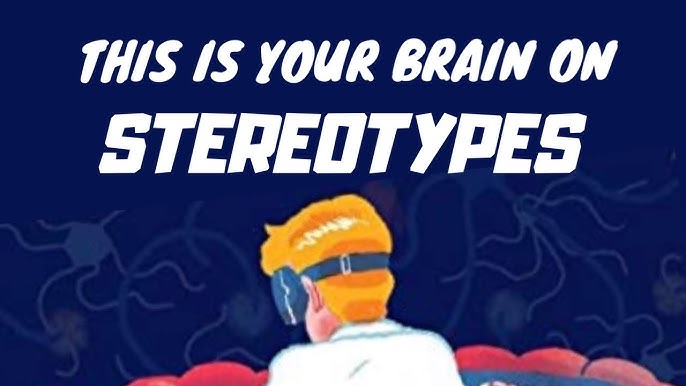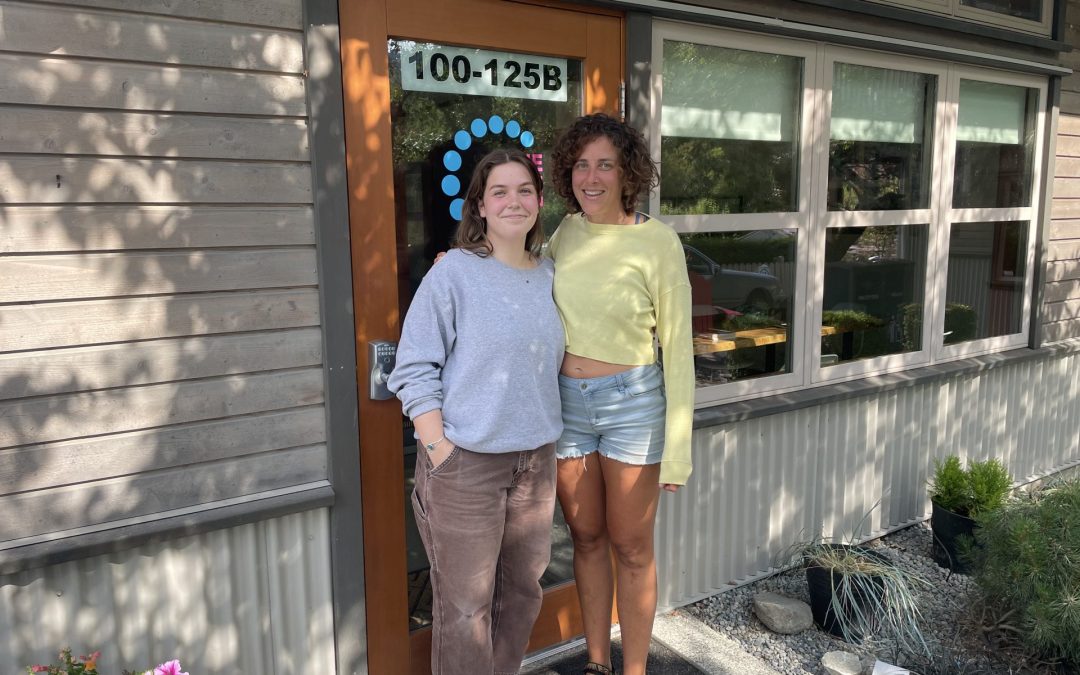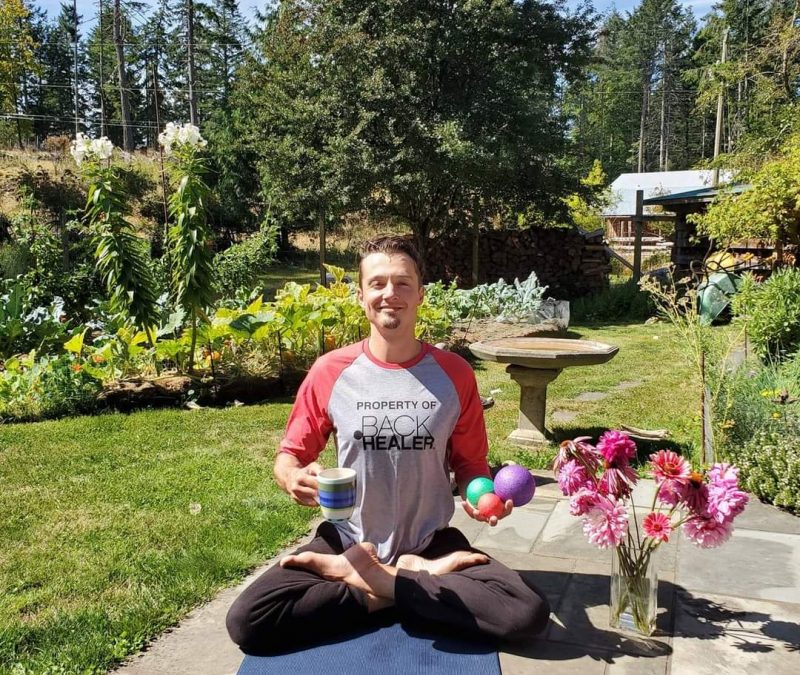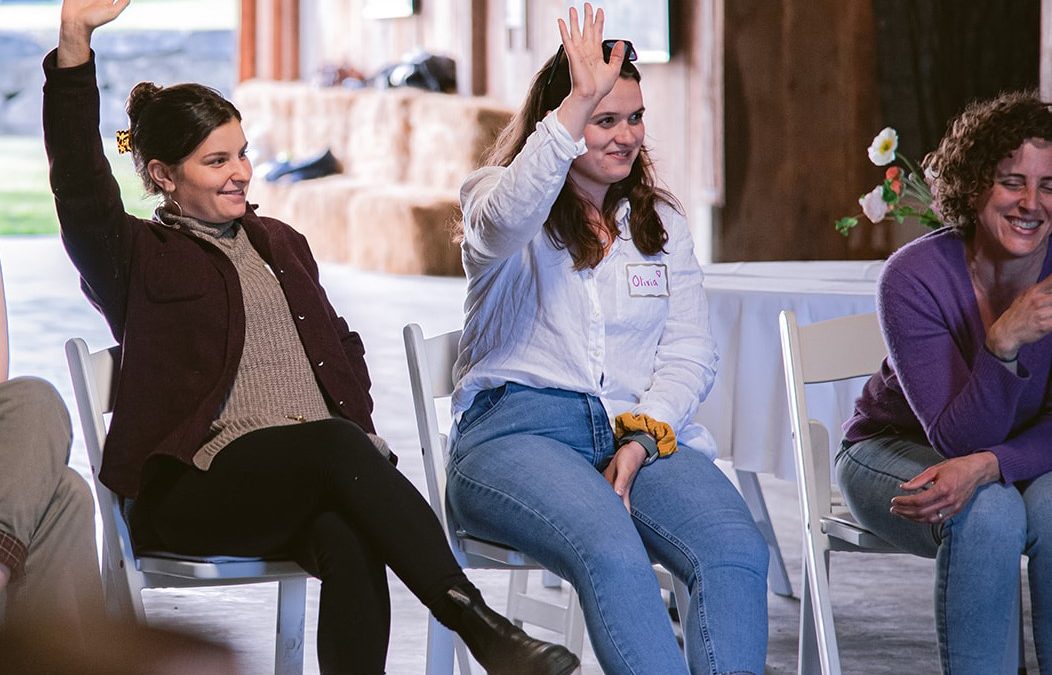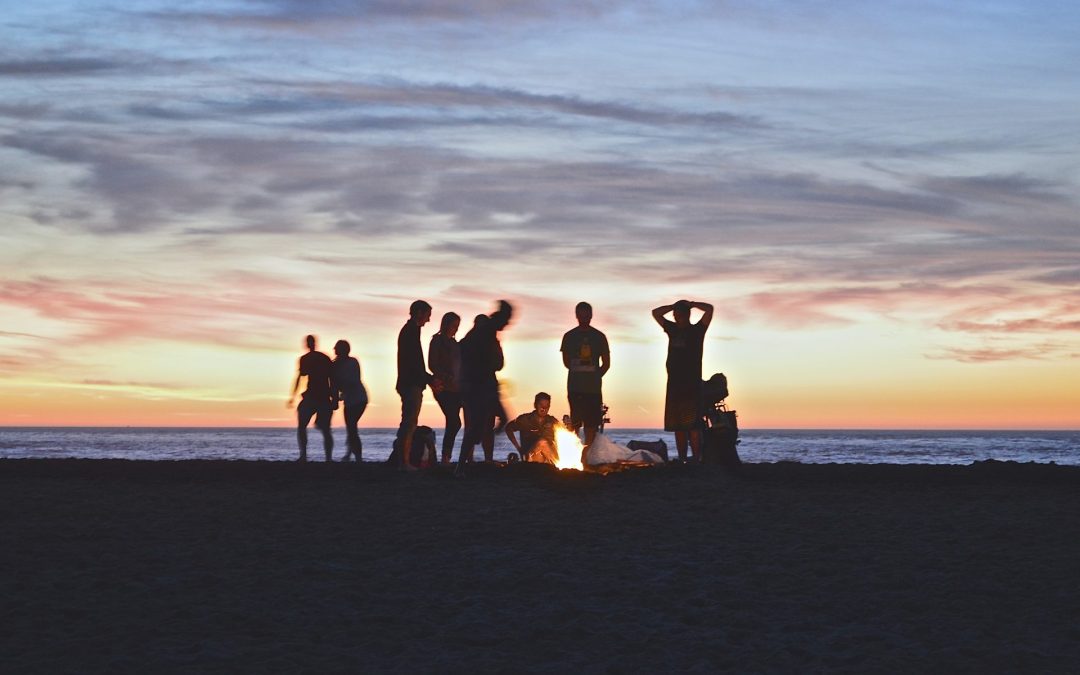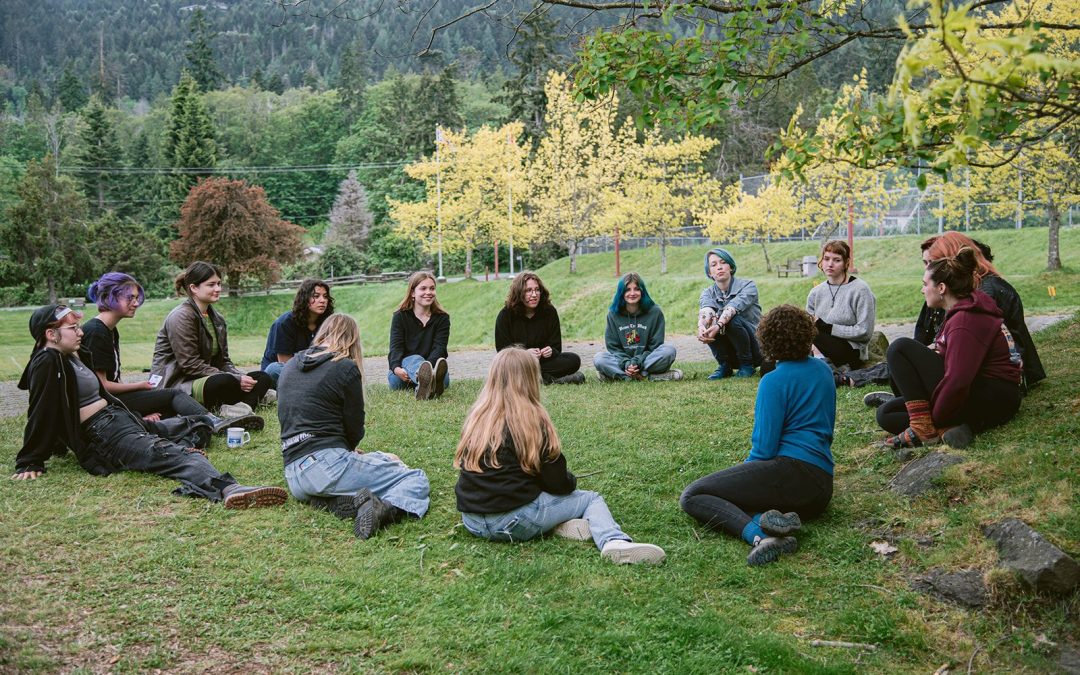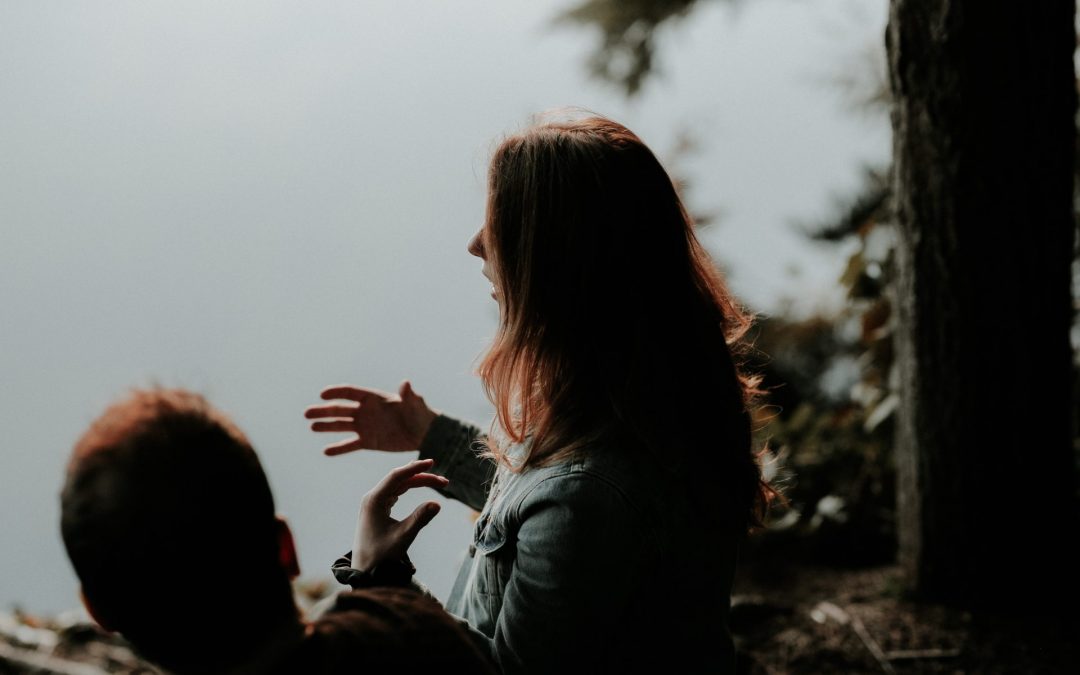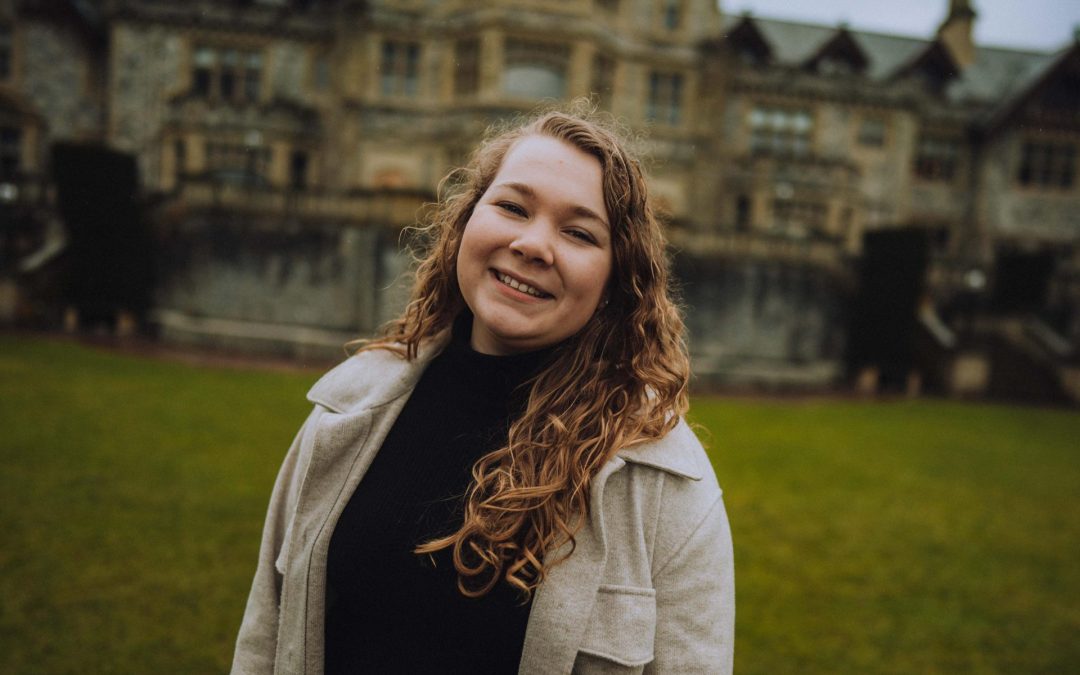A sexual assault in Pitt Meadows, British Columbia in September has aroused much concern and discussion. A young woman aged sixteen was drugged and sexually assaulted at a party by a group of young men. It was videotaped and posted on the internet. The result has been devastating for the young woman. As people line up to take sides, some trying to defend what has occurred, Constable Darren Lench, RCMP has stated to the media that “It’s very clear from the evidence collected and her physical injuries that she was not a willing participant and it’s our belief she was drugged,” said Lench. “It’s very clear she was raped by more than one individual.” A charge of sexual assault and of distributing child pornography have been laid to date.
Some of the debate has focused on whether schools need to be more proactive in teaching about proper use of social media, or whether this is the responsibility of parents. I do not believe that it is a question of either/or. Both parents and schools need to be involved in equipping students in the best way possible to deal with our complex technological world.
Going deeper, what would motivate a youth to see this sexual assault as a source of entertainment, videotape a brutal assault and spread it to the public via the internet? Why didn’t the bystanders try to stop the assault or call for help? There is a much bigger issue here than proper use of social media. Empathy and respect for the victim are totally missing. There is no sensitivity to the plight of the young woman and the effects that this assault will have on her life. She became an object for titillation and ridicule. She wasn’t a daughter, a sister, or a friend to show compassion to anyone. She wasn’t a fellow human being who needed help.
We can blame it on television, movies, and video games. We can blame it on lack of appropriate parenting. We can blame it on a school system that has turned a ‘blind eye’ to the impact of social media. After we are finished blaming, what are we going to do to try to stop this madness?
For the past  decade SWOVA Community Development and Research Society on Salt Spring Island has been working to develop, test and hone a program for youth called Respectful Relationships (R+R). There are twelve workshops for each student in grades 7, 8, 9, and 10 or 11. This is a 48-workshop series on how to teach youth to have healthy and respectful relationships. This is primary youth violence prevention and this is where we need to begin at build a foundation of wholeness for our children, with community and schools, women and men, youth and adults, working together.
decade SWOVA Community Development and Research Society on Salt Spring Island has been working to develop, test and hone a program for youth called Respectful Relationships (R+R). There are twelve workshops for each student in grades 7, 8, 9, and 10 or 11. This is a 48-workshop series on how to teach youth to have healthy and respectful relationships. This is primary youth violence prevention and this is where we need to begin at build a foundation of wholeness for our children, with community and schools, women and men, youth and adults, working together.
We live in a society that bombards our youth with violence, sometimes with a de-sensitzing and de-humanizing result. Our efforts must be on building a foundation for our youth so that they have the skills, awareness and emotional intelligence to create a peaceful world for the next generation.
Related Articles
- One charged in alleged rave assault (theglobeandmail.com)
- Charges Laid in Pitt Meadows assault (CBC News)

